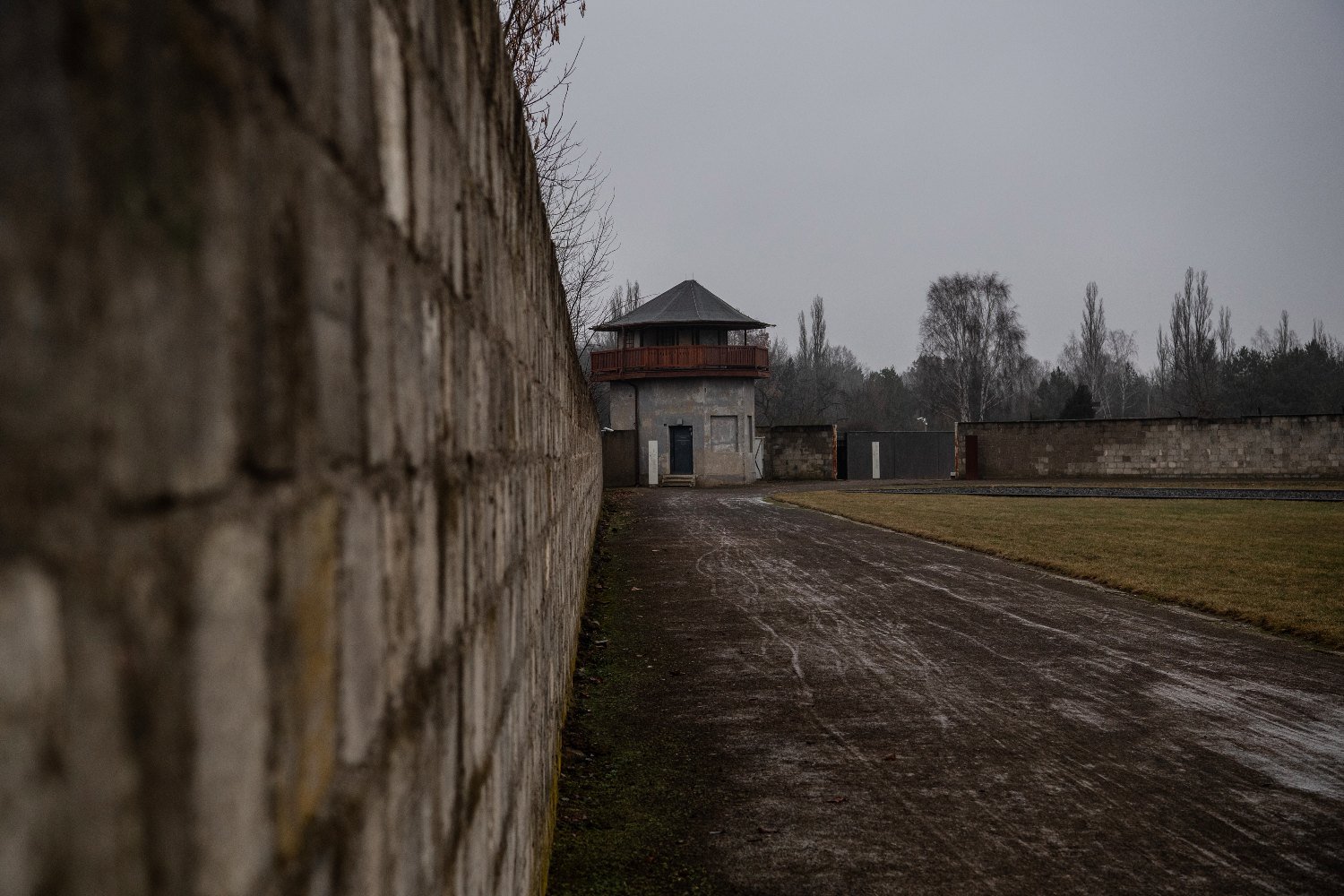The man stands accused of “knowingly and willingly” assisting in the murder of prisoners at the Sachsenhausen camp in Oranienburg, north of Berlin, between 1942 and 1945.
He is considered fit to stand trial despite his age, the public prosecutor's office in the town of Neuruppin confirmed after the story was reported by the NDR broadcaster.
The case comes days after German prosecutors charged a former secretary at a Nazi concentration camp with complicity in the murders of 10,000 people, in the first such case in recent years against a woman.
The 95-year-old accused had worked at the Stutthof camp near what was Danzig, now Gdansk, in then Nazi-occupied Poland.
Germany has been hunting down former Nazi staff since the 2011 conviction of former guard John Demjanjuk on the basis he served as part of the Nazi killing machine set a legal precedent.
Since then, courts have handed down several guilty verdicts on those grounds rather than for murders or atrocities directly linked to the individual accused.
Among those who were brought to late justice were Oskar Gröning, an accountant at Auschwitz, and Reinhold Hanning, a former SS guard at the same camp.
Both were convicted of complicity in mass murder at the age of 94 but died before they could be imprisoned.
In the most recent verdict, a former SS guard, Bruno Dey, was found guilty at the age of 93 and was given a two-year suspended sentence.
A case was brought against another former guard at Stutthof in July over complicity in the murder of several hundred people.




 Please whitelist us to continue reading.
Please whitelist us to continue reading.
Member comments